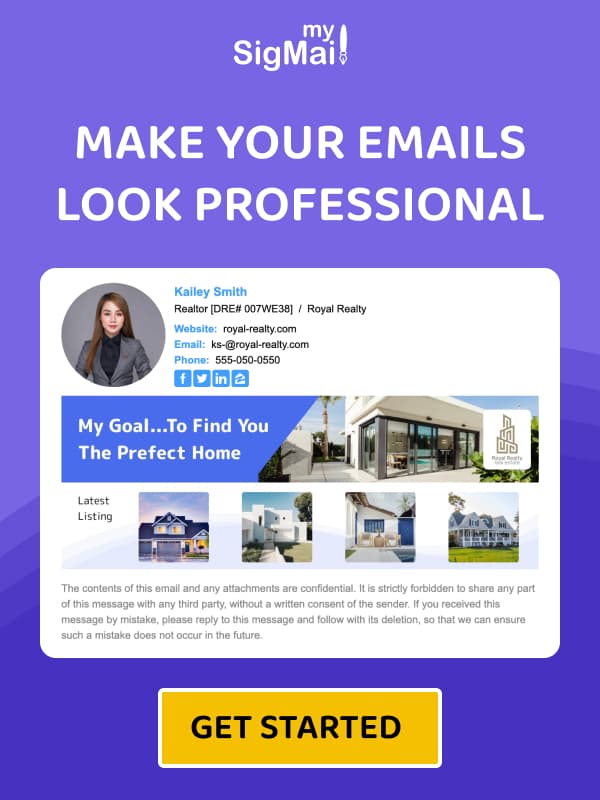
Email Segmentation for Email Marketing
September 19, 2021
Have you ever thought of doing mass campaigns for your content? You might have sent emails to everyone on your contact list. Remember, most promotional email pop-ups have a higher chance of going straight to the trash. With this in mind, you can try a different strategy that is more specific to the target audience; email segmentation. Read on to find out more about this and the tips to succeed in it.
What is Email Segmentation?
Email segmentation is the process of grouping your email contact depending on some specific criteria. The smaller groups you divide them into might have certain similar characteristics.
Therefore, as a marketer, the knowledge and information about your subscribers can help you tailor your campaigns. When doing this, you can ensure your target is in different segments.
Moreover, depending on your contacts, the types of segmentation can vary, from demographic, psychographic, behavioral, to geographic.
The Importance of Email Segmentation
When you opt for email segmentation, you strive to target a group, even though it consists of individuals with different profiles. In so doing, you get to provide relevant email content. In turn, you get to deliver relevant email content and also meet their needs.
The following are some of the reasons why you can opt for email segmentation;
1. Better Results
When you send relevant emails to your subscriber, you have increased chances of having great campaign results. When the customers read what they can relate to, chances are, they will respond.
Therefore, for your clients to stay engaged, ensure your content interests them and fits their needs. This is the way to increasing your conversions and
2. Builds Strong Relationships
Branding is important for your business, and creating a strong relationship is one of the vital steps to achieving this. Your audience wants content that makes them feel like you are addressing them on an individual level. Therefore, offer just that.
With consistency, you can build friendships with your customers. In turn, they grow to put trust in your brand too. With this kind of loyalty, you easily get repeat purchases.
3. Better Knowledge of Your Audience
If you would love to understand your customers more, from what interests them to what they need, you can use email segmentation. It will help you gauge the type of content that works best for your audience and know the groups that engage the most.
5 Email Segmentation Ideas
When doing email segmentation, you should be focused on what impacts your audience the most and makes them interact with your business. So, are you worried about how you can divide your email list? The following steps can help;
1. Check the Subscriber Engagement
To know whether or not your contacts are interested in your brand, you can check how often they click and open your emails. Once you determine those who are very promising, you can focus and capitalize on them. Then, you can include a CTA to allow you to understand them best, or even request them to take up a survey or forward your email to someone else, such as a relative or friend.
2. Check the Devices Your Subscribers are Opening the Emails On
This data will help you improve the user experience. You can group them accordingly when you know those who use a mobile phone and those who prefer a desktop. Therefore, you can tailor your emails that are optimized for the specific device each user prefers.
3. Know the Type of Customer
The kind of content you send to customers varies depending on their type. For instance, some new subscribers are about to make their first purchase, first-time clients, loyal ones, and the lapsed ones.
Al these are different individuals; hence, you should tailor your campaign with the type of client in mind. Offer each relevant content and ensure they are all engaged.
4. Check Their Purchase History
When you look at the purchases your potential clients have made n the past, you can know what products interest them and satisfy their needs. You can foretell what they are likely to buy in the future; hence, you can gauge their shopping habits.
Moreover, be keen on the amount of money they spend on the items they buy. This will help you offer them budget-friendly items and even discount coupons. Furthermore, if you notice how they buy some things, don't be scared to send them reminder emails to prompt them to purchase products.
5. Check the Geographic Location
If your business has multiple stores or you serve an international market, your email segmentation shouldn't focus on an audience in one location. However, when the marketing is specific to a certain store, you can restrict the emails you send to users in one location.
Tips for Results in Email Segmentation
The following are some best practices to put in place when you opt for email segmentation as a marketing strategy and want to get the best results;
• Make it Simple
Simplicity is key even when making your segments; note the key factors that influence your buyers' decisions, then direct your email segmentation towards the same.
• Know Your Audience
Understanding the needs of your audience involves conducting research. Once you do this, you create a picture of your potential customer then make the relevant products that satisfy their needs.
• Keep Track of Your Performance
Whenever you set a campaign, ensure you monitor to see the results. This allows you to see what works for which audience.
• Don’t Demand Too Much From Your Subscribers
Collecting data from your audience is key. However, when you ask for too much in your subscription forms, they might not sign up. Therefore, ensure clarity on why you want them to provide the information and their benefits.
Conclusion
If you have been used to mass emails, it is time you focused on a new strategy, email segmentation. This will allow you to reach a target audience with the relevant products easily. Moreover, with this strategy, you are in a position to give your customers a more personal experience and understand them better.
Recent Posts
Top 10 Email Signature Generators in 2026: Complete Overview and Comparison
February 6, 2026
Is Your Rebranding Stuck in the Inbox? The Hidden Role of Email Signatures in Brand Consistency
January 31, 2026
The Trojan Horse in Your Outbox: Why Messy Emails Are a Security Nightmare
January 26, 2026
Why Your "Quick Email" is Ruining Your Team's Weekend
January 19, 2026
Stop Letting "One-Size-Fits-All" Ruin Your Corporate Email Signatures
January 11, 2026
